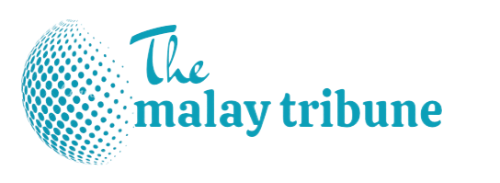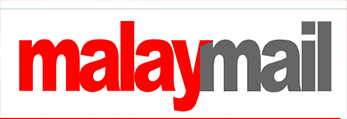RZESZOW (Poland), April 30 — Ukraine’s trust in its Nato allies has “taken a dent” because of delays and failures in the delivery of arms for the war against Russia’s invasion, Nato boss Jens Stoltenberg said.
Speaking to Reuters last evening as he travelled out of Ukraine by train after a day-long visit, Stoltenberg said such failings showed it was time to revamp the coordination of international military aid to Kyiv.
“We need a more robust, institutionalised framework for our support to ensure predictability, to ensure more accountability and to ensure burden-sharing,” said Stoltenberg, the secretary general of the transatlantic military alliance.
As examples of Nato allies falling short, he cited the U.S. Congress taking six months to pass a US$60-billion Ukraine aid package and European countries delivering much less artillery ammunition than promised.
Advertisement
Those shortcomings had a major impact on the battlefield as Russia gained the initiative while ammunition-starved Ukrainian forces have been forced onto the defensive.
“Of course, the fact that we have not delivered what we promised has put a dent … into the trust,” Stoltenberg said.
But, after a day of talks with Ukrainian President Volodymyr Zelenskiy and other senior officials, he said Kyiv still believed in its allies and it was now up to them to deliver.
Advertisement
Nato coordination
Stoltenberg, a former prime minister of Norway, said one way to avoid future shortfalls in military aid to Ukraine was to give Nato a greater coordinating role and draw up a multi-year plan that makes clear the contributions expected from each ally.
He has put such a proposal to Nato’s 32 members and said it should be backed by a big financial commitment. Diplomats say €100 billion (RM509.8 billion) over five years has been floated.
“That will make it easier to plan. It will make it clear what each and every ally is expected to deliver,” Stoltenberg said, sitting at a small table in his train carriage, jabbing a pen on a Nato notepad from time to time to emphasise his points.
“And Nato can then play a bigger role in ensuring allies actually deliver what they have announced.”
Western military support for Ukraine is currently organised on an ad-hoc basis by the U.S.-led Ukraine Defense Contact Group, also known as the Ramstein group.
Nato members gave the go-ahead earlier this month for military planners to work on Stoltenberg’s proposal but some governments have expressed reservations.
Hungary said it would oppose anything that might bring Nato closer to war and some diplomats have cast doubt on whether a big extra financial commitment is feasible.
But Stoltenberg said such a move would be a good investment in Nato members’ own security.
He said the money would be “tiny bits or fractions” of what the United States and its allies spent in Iraq and Afghanistan.
“There we speak about trillions and … in Ukraine, we are speaking about billions,” he said. “But we are actually addressing a real challenge for our security – a more aggressive Russia.”
Stoltenberg also faces a challenge in persuading Ukraine that a change to Nato-led coordination would be in its interest.
At a press conference with Stoltenberg on Monday, Zelenskiy praised the Ramstein group and said Ukraine wanted to make sure that any new financial pledge did not take money away from Nato members’ bilateral aid to Kyiv. — Reuters








